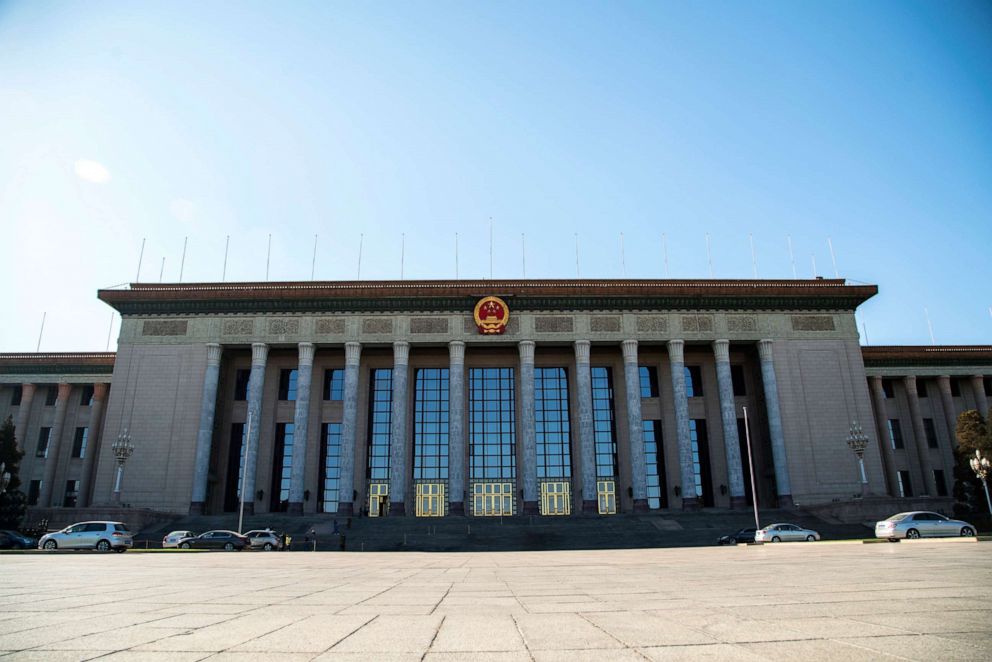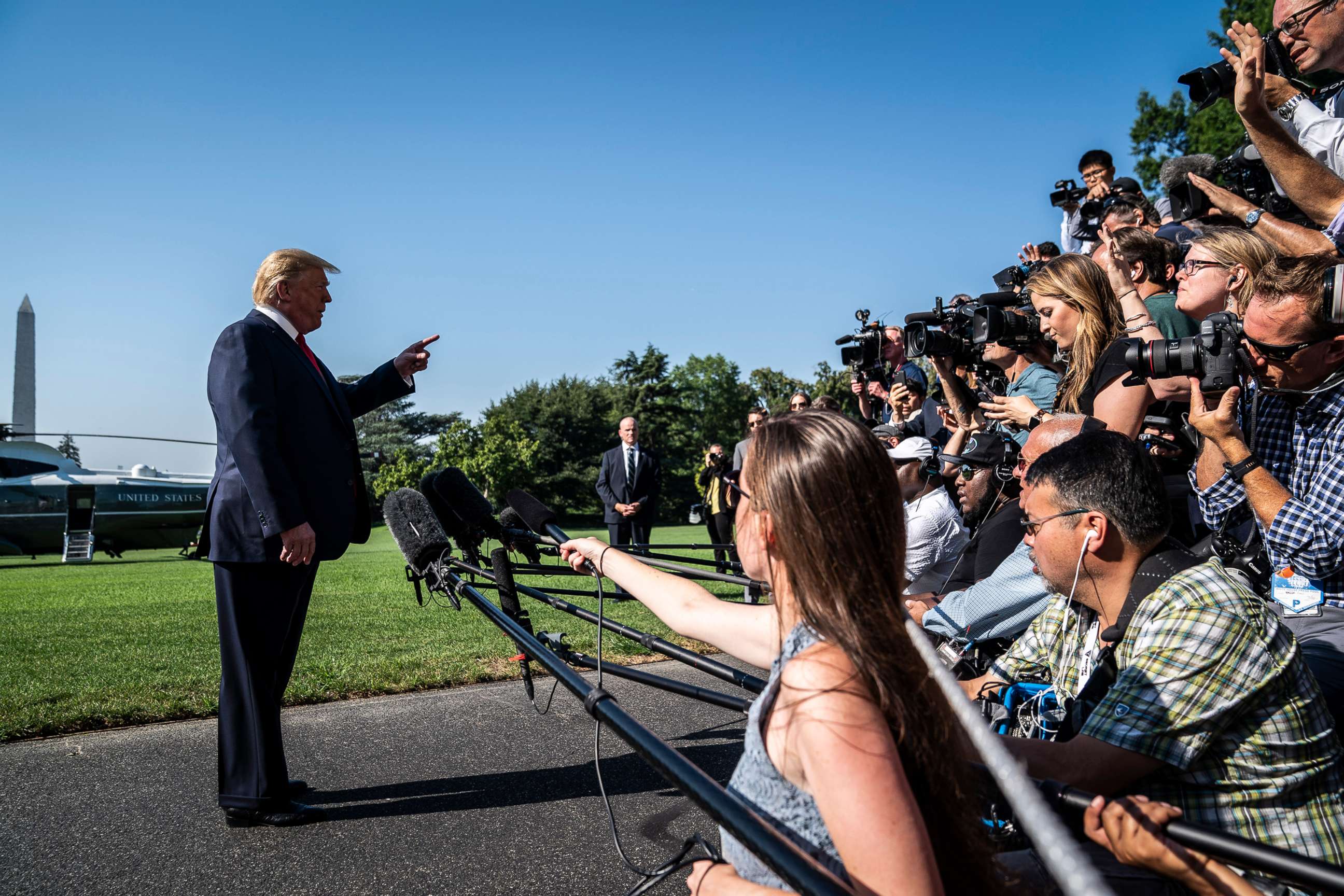Authoritarian governments crack down on press freedoms amid COVID-19 pandemic: Report
Experts say state censorship poses risks to public health.
The novel coronavirus is compounding preexisting threats to press freedoms around the world, according to a new report by the international watchdog organization Reporters Without Borders.
“The coronavirus pandemic illustrates the negative factors threatening the right to reliable information, with the pandemic itself an exacerbating factor,” Christophe Deloire, the organization’s secretary-general, wrote in the report.
Reporters Without Borders, also known by its French acronym RSF, released its annual ranking of countries based on the strength of their press freedoms last week, highlighting several countries – including Iran (ranked 173rd) and China (ranked 177th) – whose poor rankings reflect the way those governments “censored their major coronavirus outbreaks extensively.”
“Iran and China are two countries that saw the biggest outbreaks early on, and they’re the two countries where you didn’t really see journalists being able to operate,” Dokhi Fassihian, Executive Director of Reporters Without Borders USA, told ABC News. “I don’t for a minute believe the numbers they’re reporting.”

According to Professor Frank LoMonte, Director of the Center for Freedom of Information at the University of Florida, such censorship creates a real risk to citizens’ health and safety during a global pandemic, making people “more susceptible to falling for dangerous rumors.”
“We can’t have governments undermining people’s trust and confidence in news,” LoMonte told ABC News, “because believing news right now might actually save their lives.”
In response, RSF has also launched a project called Tracker 19 to monitor state censorship and deliberate disinformation related to the pandemic.
In Hungary (ranked 89th), for example, parliament passed a “coronavirus” law that included penalties of up to five years in prison for anyone who publishes what the government deems false information, which the report described as “a completely disproportionate and coercive measure."
A trio of Scandinavian nations – Norway, Finland, and Denmark – topped the list, while the United States (ranked 45th) trailed much of Europe, as President Donald Trump has continued to attack the credibility of the media’s reporting on his administration’s response to the crisis and has at times spread potentially dangerous misinformation during his daily press briefings.

But the biggest offenders, RSF’s Fassihian said, are the usual suspects – authoritarian governments.
“The stakes are higher than ever for repressive and authoritarian governments to control the narrative and control the information,” Fassihian told ABC News. “The worst performers are just getting worse.”
And according to Kyu Ho Youm, First Amendment Chair at the University of Oregon School of Journalism, state suppression of information doesn’t just pose a threat to citizens under those regimes.
“That kind of information control is not only affecting their people in China and Iran,” Youm told ABC News. “It is affecting the global community and the quality of information we should have access to.”
What to know about coronavirus:
- How it started and how to protect yourself: coronavirus explained
- What to do if you have symptoms: coronavirus symptoms
- Tracking the spread in the US and Worldwide: coronavirus map
Tune into ABC at 1 p.m. ET and ABC News Live at 4 p.m. ET every weekday for special coverage of the novel coronavirus with the full ABC News team, including the latest news, context and analysis.




